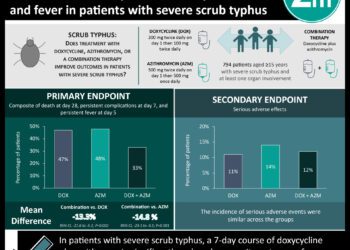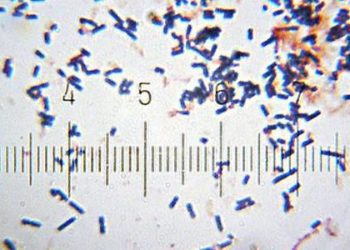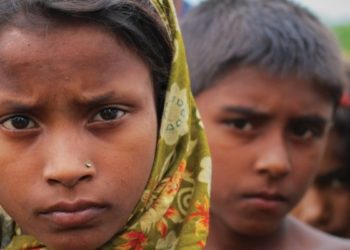Quick Take: Evaluating the impact of community health volunteer home visits on child diarrhea and fever in the Volta Region, Ghana
Child deaths due to diarrhea and malaria are not uncommon in many low- and middle-income countries. In resource-poor settings, community health workers (CHWs) have been instrumental in the delivery of a wide range of interventions, including nutritional, neonatal health, and maternal health interventions. The impact of CHW programs focused on preventing infectious diseases in children, however, through behavior change communication, has not been well studied. In Ghana, community health volunteers (CHVs) are trained for less than 6 weeks and are tasked with providing health education, birth and death registration, disease surveillance, and minor illness treatment. In this cluster-randomized trial, 40 communities in the Volta Region, Ghana, were randomly allocated to an intervention or control arm to examine the effect of CHVs on child diarrhea and fever prevalence in rural Ghana. Over the course of the study period, 1,956 children were recruited and followed up. Researchers found that CHV home visits had no significant effect on diarrhea or fever prevalence after a follow-up of 12 months, where the prevalence of diarrhea and fever was 7.0% and 18.4%, respectively, in the control communities, versus 4.5% and 14.7%, respectively, in the intervention communities. This study therefore shows that CHV home visits have no significant impact on the prevalence of child diarrhea or fever. Of note, this trial may have been underpowered to detect small to moderate effects in both the intervention and control group.
Click to read the study in PLOS Medicine
Image: PD
©2019 2 Minute Medicine, Inc. All rights reserved. No works may be reproduced without expressed written consent from 2 Minute Medicine, Inc. Inquire about licensing here. No article should be construed as medical advice and is not intended as such by the authors or by 2 Minute Medicine, Inc







